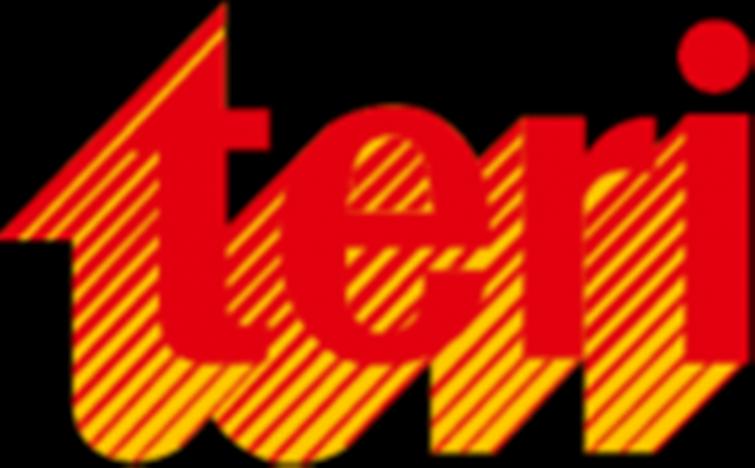
TERI, West Bengal power department sign MoU to extend co-operation in state’s power sector
Kolkata, Feb 8 (IBNS): The Energy and Resources Institute (TERI) and the Department of Power and Non-Conventional Energy Sources (NES), Government of West Bengal (GoWB), on Friday signed a Memorandum of Understanding (MoU) on the sidelines of the Bengal Global Business Summit 2019 at the Biswa Bangla Convention Centre in the city.
The two organisations have signed the MoU to work jointly for the achievement of common goals related to reforms in the state’s power sector.
The areas of collaboration between TERI and the state’s power department are renewable energy planning, technical studies including grid integration studies, energy storage, electric vehicle charging infrastructure, distribution-side reforms and demand-side management (DSM), and energy efficiency. Integrated energy demand and supply projections and working on innovative solutions (including smart grids, agro-voltaics, floating solar PV etc.) are also a part of this list.
The MoU on Friday was signed by Sunil Kumar Gupta, Additional Chief Secretary, Dept. of Power and NES, and Dr Ajay Mathur, Director General, TERI.
“Although West Bengal is a power surplus state and has connected 100 per cent households to the grid last year, the state government has still emphasised on technological innovations in order to improve the reliability and efficiency of the state power sector,” said Gupta.
“After the success of the Purulia pump storage project of 1,000 MW, the state government is now developing another 1,000 MW pump storage in Turga that will enable a balancing framework, especially to serve evening peak hours and emergency blackout situations,” he added.
Dr Mathur also gave a presentation on ‘Opportunities in State Power Sector’.
“TERI has engaged with public utilities across the country to bring more energy efficiency and smoother grid integration of renewables in the power distribution system through DSM, load research, and battery storage. We are delighted at the opportunity to contribute to West Bengal’s power sector,” he said.
The state’s power department has been instrumental in driving several key reforms in the electricity sector. It has addressed low-voltage issues, improved power quality, increased billing and collection efficiency and has drafted a solar energy policy. However, with renewable energy prices falling steadily to the point of achieving parity with utility grid tariffs and India’s commitment to increase the share of renewables in power generation, grid-integration of renewable energy sources is likely to pose technical and operational challenges that TERI has been working on to assist many state utilities on overcoming the same. TERI will provide technical support and assistance to the state by engaging with the state utility and other bodies under the Department of NES through grid-integration studies. The results of studies and other planned activities will help facilitate the smooth uptake of more clean and green power in the state electricity grid, and of rising integration of renewable energy and electric vehicles.
Recently, TERI also launched a first-of-its-kind pilot project in India to support implementation of Battery Energy Storage Systems (BESS) at the distribution downstream, in collaboration with West Bengal State Electricity Distribution Company Limited (WBSEDCL). Among other activities, it has also conducted assessment of technical impacts due to high penetration of solar rooftops at the distribution level for WBSEDCL.
“The Government of West Bengal is highly committed to provide quality power to all citizens, at all voltage levels across the state,” said Sobhandeb Chattopadhyay, Minister-In-Charge, Department of Power and Non-Conventional Energy Sources, Government of West Bengal, who is also to attend TERI’s flagship event, the World Sustainable Development Summit (WSDS) 2019, in New Delhi next week.
Support Our Journalism
We cannot do without you.. your contribution supports unbiased journalism
IBNS is not driven by any ism- not wokeism, not racism, not skewed secularism, not hyper right-wing or left liberal ideals, nor by any hardline religious beliefs or hyper nationalism. We want to serve you good old objective news, as they are. We do not judge or preach. We let people decide for themselves. We only try to present factual and well-sourced news.







